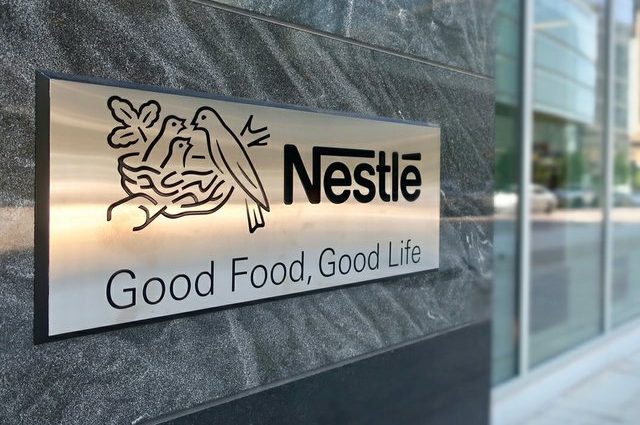Nestlé Pakistan, UAF enter a strategic partnership on climate change and sustainability
LAHORE ( Web News )
Nestlé Pakistan and University of Agriculture Faisalabad signed a Memorandum of Understanding, pledging to work towards agriculture research and development projects geared to address the challenges of climate change and sustainability.
Pakistan is among the countries most vulnerable to effects of Climate Change. Nestlé Pakistan is demonstrating its commitment to climate action at a time when there’s a great urgency to act. Nestlé wants to use its scale and reach to help tackle climate change, transform business and use its resources to inspire change, in line with United Nations Sustainable Development Goals 12, 13, 15 and 17.
Adeel Ahmed Aali, Head of Agriculture Services, Nestlé Pakistan, said, “In line with our vision to achieve net zero by 2050, we will be taking actions across our agriculture value chain and our operations, and this partnership is a step in that direction.”
He also stressed on the importance of regenerative agriculture practices. “This will help to increase soil health and identify fodders with lower GHG emissions with more carbon sequestration,” he said.
The MoU pledges to undertake agriculture research projects for measurement of carbon emissions, methane and nitrous oxide; environmental sustainability such as above ground and soil carbon sequestration for fodder, moringa plantation among others. As part of the arrangement Nestlé will also offer technical internship projects for UAF students.
Sharing his views, Prof. Dr. Iqrar Ahmad Khan Vice Chancellor, University of Agriculture, Faisalabad said, “Pakistan is among the countries most vulnerable to effects of climate change and agriculture plays a huge role in it. We appreciate that Nestlé Pakistan has partnered with us and is demonstrating commitment to the challenges of climate change by undertaking innovative research projects that will look environmental sustainability in the agriculture sector, such as above ground and soil carbon sequestration.”
Nestlé recognizes that climate change is the society’s greatest challenges. It has already started to impact people around the world in various ways; long-term changes in weather and crop patterns, hotter temperatures and increased droughts which can lead to more poverty, shortage of food and more health risks.

